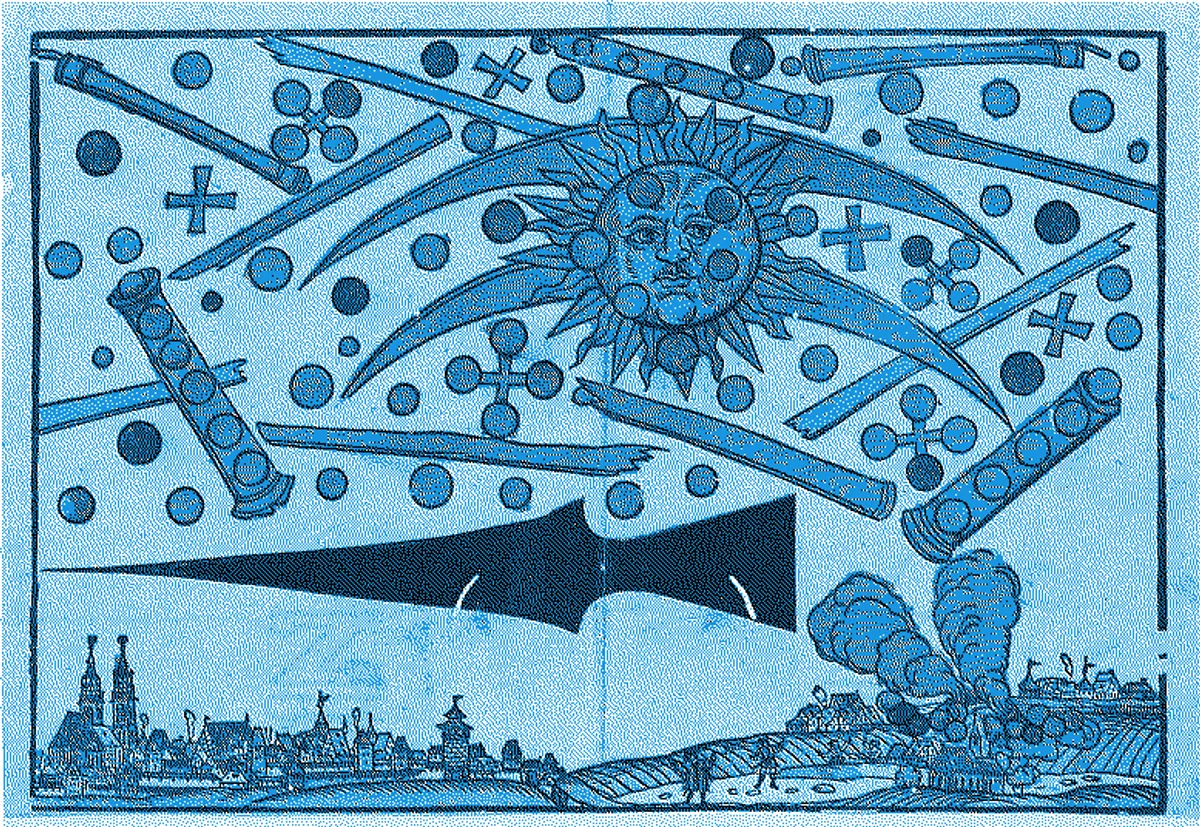(May 31, 2023 → June 2, 2023) We delivered ‘Making forestscapes - Recomposing Sound and Video for Collective Inquiry into Forests as Living Cultural Landscapes’ as a workshop for STS researchers. We (Angela, Maud Borie, Jonathan W. Y. Gray, Liliana Bounegru and Andrés Saenz de Sicilia) were joined by co-facilitators Gabriele Colombo, Tega Brain and Sam Lavigne.
“What can the Humanities learn from environmental data? This hackathon brings together researchers across disciplines to explore the unrealised potential of weather and climate data for the Digital Humanities, contributing to the emerging field of Environmental Digital Humanities.
Making sense of meteorological and climatological data is a pressing issue for the Humanities in the face of climate change. As global warming makes weather increasingly unpredictable and chaotic on a spatial and temporal scale that exceeds immediate comprehension, data provides one point of access to this new reality. At present, however, the digital tools which make climate change legible, for instance through visualisation, are only readily accessible to a group of scientific experts. Conversely, meteorologists and climatologists might themselves benefit from the Humanities in making sense of the increasingly large amounts of data and their consequences for humanity. Turning to the past, for instance, a Digital Humanities engagement with historical sources–combining environmental and data-driven approaches–might prove particularly fruitful.
Over 3 days, this hackathon then aims to open up meteorological and climatological data as well as other types of environmental data to a wider audience, to new readings and novel applications. Bringing together scholars, artists, coders, data managers, librarians, archivists, activists and designers, we will draw from established Digital Humanities methods and develop novel ones to face a number of challenges in smaller groups. Participants apply such methods as exploratory data analysis, mapping & GIS, text mining, topic modelling, sentiment analysis, network analysis, language modelling, data visualisation and so on. Possible challenges include the development of software prototypes, the conducting of digital analyses, the processing (cleaning, enrichment, etc.) of a data set, the design of a data model, the discussion of standards or ontologies or the testing of new workflows.”
Listen to one of the soundscapes I created during the hackathon activities:
Find out more here
Image: via Environmental Data, Media, and the Humanities: a Digital Humanities Hackathon
